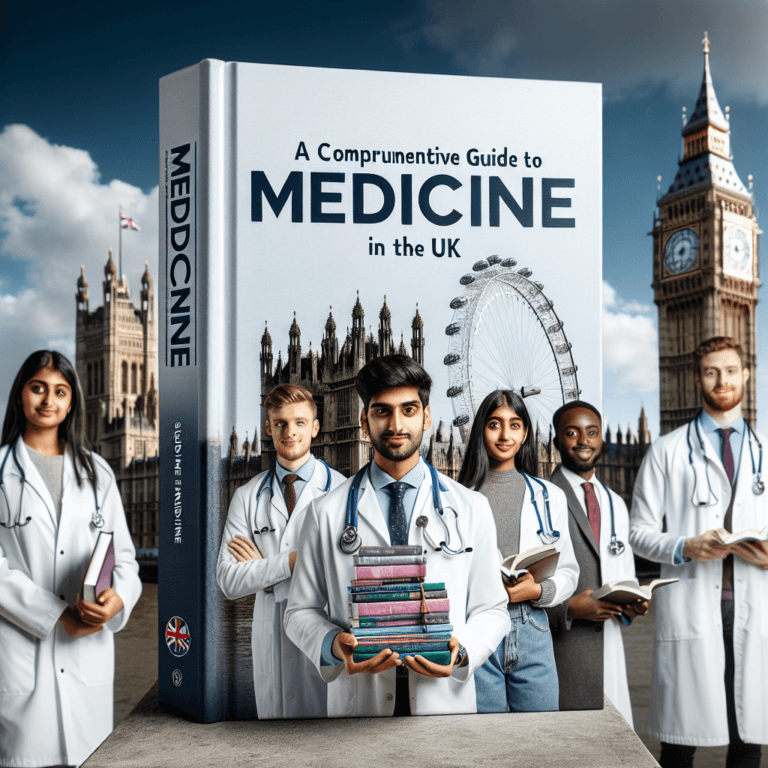Studying medicine in the UK is a rewarding and challenging journey that requires dedication, hard work, and a passion for helping others. The process of becoming a doctor in the UK is highly regulated and standardized, ensuring that only qualified individuals are able to practice medicine. If you are considering a career in medicine, here is a comprehensive guide to studying medicine in the UK.
Entry Requirements:
To study medicine in the UK, you will need to meet certain entry requirements. These typically include high grades in science subjects, such as biology, chemistry, and physics, as well as good grades in other subjects. Most universities will also require you to pass the UK Clinical Aptitude Test (UKCAT) or the Biomedical Admissions Test (BMAT). Additionally, you may be required to attend an interview as part of the admissions process.
Choosing a Medical School:
There are many medical schools in the UK, each with its own unique strengths and specialties. When choosing a medical school, it is important to consider factors such as location, teaching style, and clinical opportunities. Some medical schools offer integrated or problem-based learning, while others have a more traditional lecture-based approach. It is important to research each medical school and consider which one aligns best with your learning style and career goals.
The MBBS Program:
The Bachelor of Medicine, Bachelor of Surgery (MBBS) program typically lasts five to six years, depending on the medical school. During the first two years of the program, you will study basic medical sciences, such as anatomy, physiology, and biochemistry. In the later years, you will have the opportunity to gain practical experience through clinical placements in hospitals and healthcare settings. The final year of the program is often dedicated to completing a series of supervised clinical placements and exams.
Foundation Training:
After completing medical school and graduating with your MBBS degree, you will need to undertake two years of Foundation Training. This consists of a series of rotations in different medical specialties, such as surgery, pediatrics, and general practice. Foundation Training is designed to provide newly qualified doctors with the skills and experience they need to practice independently.
Specialty Training:
Once you have completed Foundation Training, you will have the opportunity to apply for specialty training in a specific area of medicine, such as cardiology, oncology, or neurology. Specialty training typically lasts between five and seven years, depending on the specialty. During this time, you will gain advanced clinical skills and knowledge in your chosen field of medicine.
Professional Registration:
Once you have completed your specialty training, you will need to apply for registration with the General Medical Council (GMC) in order to practice as a doctor in the UK. This involves providing evidence of your qualifications, completing a series of assessments, and demonstrating that you meet the GMC’s professional standards.
Studying medicine in the UK is a long and challenging process, but it can also be incredibly rewarding. By following this comprehensive guide, you can navigate the complexities of the medical education system in the UK and take the first steps towards a fulfilling career in healthcare.







